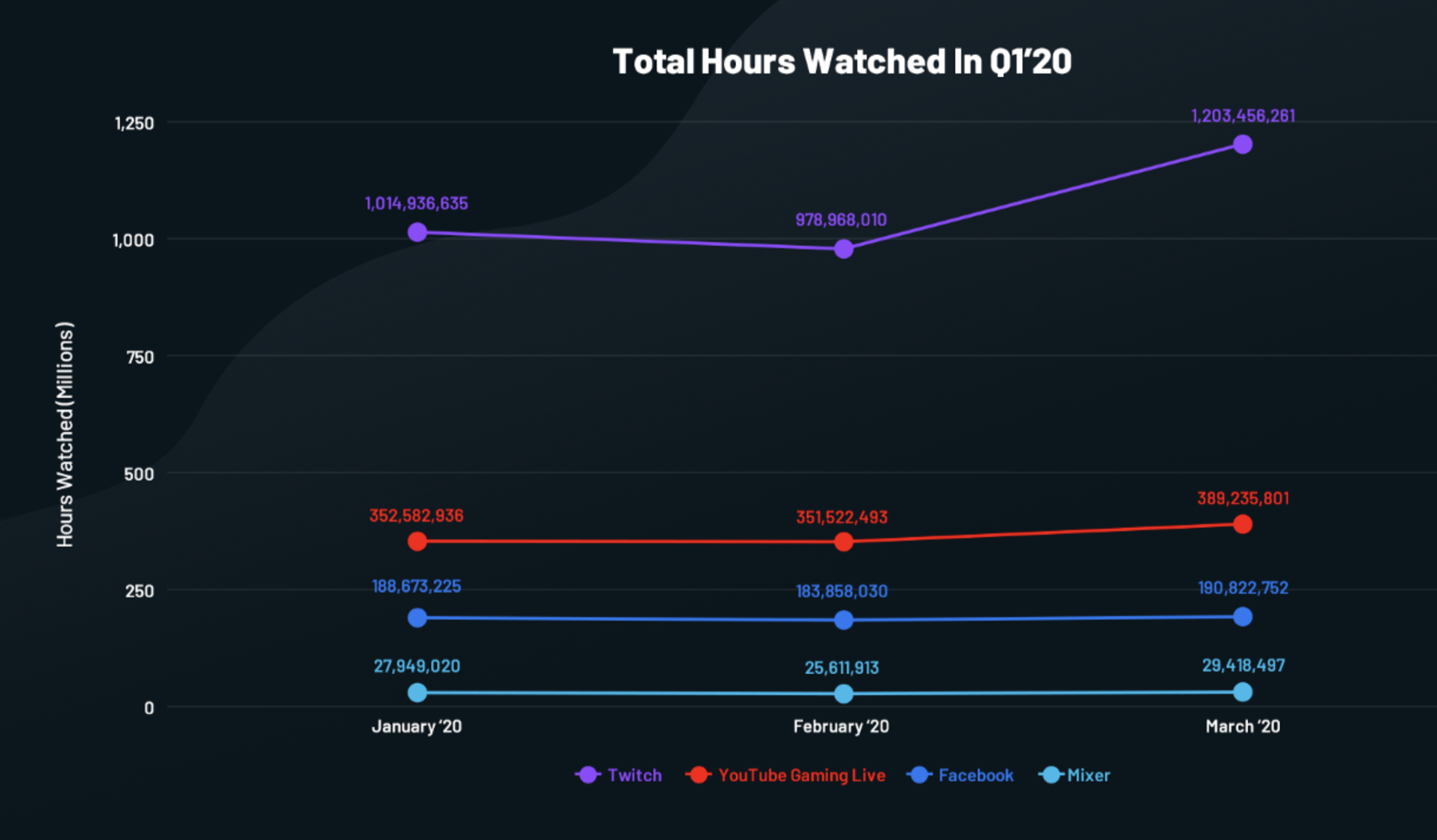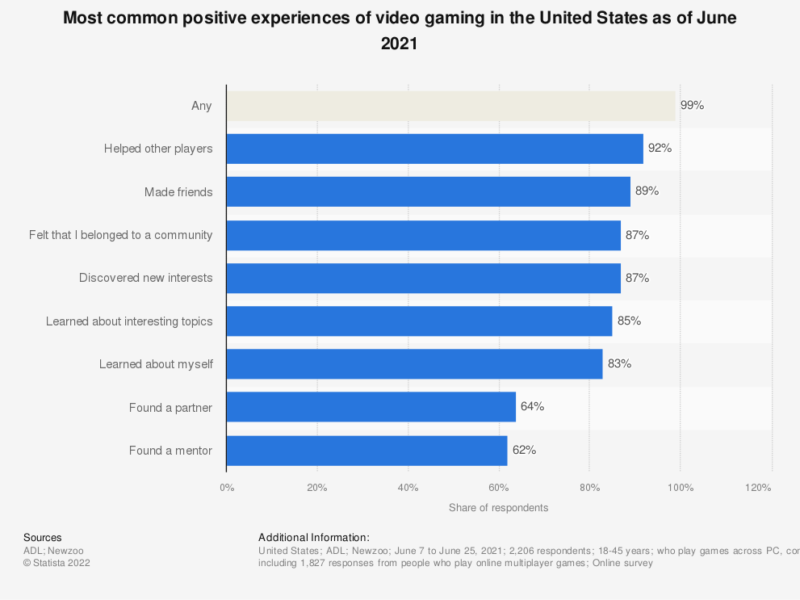Introduction
Definition of esports
The term “esports” refers to competitive video gaming, where professional players or teams compete against each other in various online games. It has gained significant popularity and recognition in recent years, transforming the gaming industry into a global phenomenon. Esports competitions are often organized and broadcasted, attracting millions of viewers worldwide. These events showcase the skill, strategy, and teamwork required to excel in online games, blurring the lines between traditional sports and digital entertainment. With the rise of esports, gaming has evolved from a casual hobby to a highly competitive and lucrative industry, attracting sponsors, investors, and a dedicated fanbase.
Brief history of esports
The history of esports can be traced back to the early 1970s when the first competitive gaming event, the Intergalactic Spacewar Olympics, took place at Stanford University. However, it wasn’t until the late 1990s and early 2000s that esports started gaining significant traction. Games like Quake, Counter-Strike, and StarCraft emerged as popular titles for competitive play, with organized tournaments and leagues being established. The rise of broadband internet and the advent of streaming platforms in the 2010s further propelled the growth of esports, allowing players from around the world to connect and compete in real-time. Today, esports has become a global phenomenon, attracting millions of viewers and generating billions of dollars in revenue, solidifying its position as a major force within the gaming industry.
Growing popularity of esports
The growing popularity of esports has been nothing short of remarkable, revolutionizing the gaming industry in unprecedented ways. With millions of viewers tuning in to watch professional gamers compete in online tournaments, esports has become a global phenomenon that transcends traditional boundaries. This surge in popularity can be attributed to several factors, including the accessibility of online gaming platforms, the rise of streaming services like Twitch, and the increasing recognition and support from major sponsors and investors. As a result, esports has transformed from a niche hobby into a mainstream entertainment industry, captivating audiences of all ages and backgrounds. The immense growth and potential of esports have not only reshaped the gaming landscape but have also opened up new avenues for career opportunities, creating a vibrant ecosystem of professional players, coaches, commentators, and event organizers.
Evolution of Online Games
Early online gaming
Early online gaming can be traced back to the late 1970s and early 1980s when the first multiplayer games emerged. These early online games, such as MUDs (Multi-User Dungeons), allowed players to connect with each other through text-based interfaces. However, it wasn’t until the 1990s with the advent of the internet and advancements in technology that online gaming truly took off. Games like Doom and Quake revolutionized the industry by introducing real-time multiplayer capabilities, paving the way for the rise of esports. These early online gaming experiences laid the foundation for the thriving esports industry we see today, where millions of players compete in organized tournaments and leagues across the globe.
Introduction of multiplayer online games
Introduction of multiplayer online games has revolutionized the gaming industry, providing players with a whole new level of immersive and interactive experiences. With the advent of high-speed internet and advancements in technology, gamers can now connect with millions of players from around the world, transcending geographical boundaries. These multiplayer online games have not only brought people together but have also created a thriving community of gamers who share a common passion. The rise of esports, fueled by the popularity of multiplayer online games, has transformed gaming into a competitive sport, attracting professional players, sponsors, and a massive global audience. As we delve deeper into the impact of multiplayer online games, it becomes evident that they have become a driving force behind the ever-evolving gaming industry.
Impact of technological advancements
The impact of technological advancements on the rise of esports has been profound. The development of high-speed internet connections and the widespread availability of affordable gaming devices have allowed players from all around the world to connect and compete in online games. Additionally, the emergence of streaming platforms like Twitch and YouTube Gaming has provided a platform for gamers to showcase their skills and build a dedicated fan base. These technological advancements have not only increased the accessibility and popularity of esports but have also opened up new avenues for revenue generation through sponsorships, advertising, and merchandise sales. As technology continues to evolve, it is expected that the esports industry will continue to thrive and reshape the gaming industry as a whole.
The Emergence of Esports
Transition from casual gaming to competitive gaming
The transition from casual gaming to competitive gaming has been a significant catalyst in the rise of esports and the transformation of the gaming industry. In the past, gaming was primarily seen as a leisure activity, with players engaging in casual gameplay for entertainment purposes. However, with the advent of online multiplayer games and the emergence of organized competitive events, a new era has dawned. Players are now driven by a desire to improve their skills, compete against others, and achieve recognition in the gaming community. This shift has not only led to a surge in the popularity of esports but has also revolutionized the way games are developed, marketed, and consumed. Developers are now focusing on creating games with competitive elements, while sponsors and advertisers are investing heavily in esports tournaments, recognizing the immense potential of this rapidly growing industry. As the transition from casual gaming to competitive gaming continues to shape the landscape, it is clear that esports are here to stay, forever changing the gaming industry as we know it.
Development of professional esports leagues
The development of professional esports leagues has been a significant catalyst in the rise of esports and the transformation of the gaming industry. These leagues have provided a structured platform for players to showcase their skills, compete at the highest level, and gain recognition as professional athletes. Major esports leagues such as the Overwatch League, League of Legends Championship Series, and the Call of Duty League have emerged, attracting massive audiences and lucrative sponsorship deals. With the establishment of these leagues, esports has gained legitimacy and recognition as a legitimate sport, leading to increased investment, media coverage, and opportunities for players to pursue esports as a viable career option. The development of professional esports leagues has not only revolutionized the gaming industry but has also created a new avenue for entertainment and competition in the digital age.
Influence of streaming platforms on esports growth
The influence of streaming platforms on the growth of esports has been nothing short of revolutionary. With the advent of platforms such as Twitch and YouTube Gaming, the accessibility and visibility of esports have reached unprecedented levels. These platforms have provided a space for gamers to showcase their skills and connect with a global audience in real-time. The ability to stream gameplay and tournaments has not only attracted millions of viewers but has also opened up new avenues for sponsorship and advertising within the industry. As a result, esports has gained mainstream recognition and has become a lucrative market, attracting both players and investors alike. The rise of streaming platforms has undoubtedly played a pivotal role in propelling esports into the forefront of the gaming industry, forever changing the way we perceive and engage with competitive gaming.
Economic Impact of Esports
Rise of esports sponsorships and investments
The rise of esports sponsorships and investments has been a game-changer for the gaming industry. As the popularity of online games continues to soar, companies from various sectors are recognizing the immense potential of esports and are eager to get involved. Major brands, such as Coca-Cola, Intel, and Red Bull, have become key sponsors of esports tournaments and teams, providing financial support, resources, and exposure to the rapidly growing esports community. Additionally, venture capitalists and traditional sports team owners are increasingly investing in esports organizations, recognizing the industry’s potential for long-term growth and profitability. This influx of sponsorships and investments has not only brought financial stability to the esports ecosystem but has also helped legitimize esports as a mainstream form of entertainment, further propelling its rise and solidifying its position as a major player in the gaming industry.
Revenue streams in the esports industry
The esports industry has witnessed a remarkable surge in revenue streams, transforming it into a lucrative sector within the gaming industry. One of the primary sources of revenue in esports is advertising and sponsorships. With the growing popularity of esports, companies are increasingly investing in partnerships and sponsorships to reach the massive and engaged audience that esports attracts. Brands now have the opportunity to showcase their products and services through in-game advertisements, team sponsorships, and event sponsorships, creating a mutually beneficial relationship between the gaming industry and corporate entities. Additionally, ticket sales for live events and tournaments contribute significantly to the revenue generated in esports. Fans eagerly purchase tickets to witness their favorite teams and players compete in person, creating an electrifying atmosphere and generating substantial revenue for organizers. Furthermore, media rights and broadcasting deals have become a vital revenue stream in esports. As the demand for esports content continues to grow, media companies and streaming platforms are securing exclusive rights to broadcast tournaments and leagues, attracting a wider audience and generating substantial revenue through advertising and subscription models. The esports industry’s diverse revenue streams highlight its immense potential for growth and profitability in the gaming industry.
Job opportunities in the esports ecosystem
Job opportunities in the esports ecosystem have witnessed a remarkable surge in recent years, reflecting the rapid growth and increasing popularity of online gaming. As the esports industry continues to expand, a wide range of career paths have emerged, offering exciting prospects for individuals passionate about gaming. From professional players and coaches to event organizers, commentators, and streamers, there is a demand for diverse skill sets within the esports ecosystem. Additionally, the industry requires professionals in marketing, branding, and sponsorship management to help teams and organizations thrive in this competitive landscape. Moreover, the rise of esports has also created opportunities in game development, with companies seeking talented individuals to design and optimize games specifically for competitive play. With the potential for lucrative salaries, global recognition, and a vibrant community, the job opportunities within the esports ecosystem are attracting a new generation of professionals eager to be a part of this rapidly evolving industry.
Challenges and Controversies
Issues with player health and well-being
Issues with player health and well-being have become a growing concern in the world of esports. As the popularity of online games continues to soar, so does the amount of time players spend in front of screens, often for extended periods. This sedentary lifestyle can lead to various health problems, including obesity, eye strain, and musculoskeletal disorders. Additionally, the intense pressure and stress associated with competitive gaming can take a toll on players’ mental well-being, leading to anxiety, depression, and burnout. Recognizing these issues, organizations within the gaming industry have started implementing measures to promote healthier habits among players, such as encouraging regular exercise, providing ergonomic equipment, and offering mental health support. However, addressing these challenges remains an ongoing process as the esports community strives to strike a balance between the competitive nature of the sport and the well-being of its players.
Doping and cheating in esports
Doping and cheating in esports have become pressing concerns within the industry. As the popularity and financial stakes of competitive gaming continue to rise, so does the temptation for players to gain an unfair advantage. Similar to traditional sports, esports has witnessed instances of doping, where players use performance-enhancing substances to improve their focus, reflexes, and overall gameplay. Additionally, cheating through the use of hacks, aimbots, or other illicit software has become a prevalent issue, undermining the integrity of competitive matches. To combat these challenges, esports organizations and tournament organizers have implemented stringent anti-doping measures and sophisticated anti-cheat systems. However, the constant evolution of cheating methods and the need for ongoing vigilance make it a complex battle to maintain fair play in the rapidly growing world of esports.
Controversies surrounding loot boxes and gambling
Controversies surrounding loot boxes and gambling have become a hot topic within the gaming industry. Loot boxes, which are virtual containers that players can purchase in games, have faced criticism for their resemblance to gambling. Many argue that the randomized nature of loot box rewards, combined with the ability to purchase them with real money, can lead to addictive behaviors and encourage gambling-like tendencies in players, particularly among younger audiences. This has sparked debates on whether loot boxes should be classified as a form of gambling and regulated accordingly. Governments and gaming authorities around the world have started to take notice, with some countries implementing regulations or even banning the use of loot boxes in certain games. The controversy surrounding loot boxes and gambling continues to evolve, forcing the gaming industry to address these concerns and find a balance between monetization strategies and player well-being.
Future of Esports
Continued growth and mainstream acceptance
Continued growth and mainstream acceptance have propelled the esports industry to new heights in recent years. With a global audience of over 500 million viewers and revenues surpassing $1 billion, esports has firmly established itself as a major player in the gaming industry. The increasing accessibility of online games, coupled with advancements in technology and the rise of streaming platforms like Twitch, have contributed to the exponential growth of esports. Moreover, the recognition and support from mainstream media outlets, sponsors, and even traditional sports organizations have further solidified its position as a legitimate and respected form of entertainment. As esports continues to attract a diverse and passionate fan base, it is clear that this phenomenon is here to stay, shaping the future of the gaming industry in unprecedented ways.
Integration of virtual reality and augmented reality
The integration of virtual reality (VR) and augmented reality (AR) has revolutionized the gaming industry, particularly in the realm of esports. With VR technology, players can immerse themselves in a completely virtual environment, enhancing their gaming experience to unprecedented levels. This technology allows gamers to physically interact with the game, providing a sense of presence and realism that was previously unimaginable. Additionally, AR has opened up new possibilities for esports by overlaying virtual elements onto the real world. This integration has not only enhanced the gameplay but has also created new opportunities for spectators to engage with the esports scene. As VR and AR continue to advance, we can expect even more innovative and immersive experiences in the world of esports, further solidifying its position as a leading force in the gaming industry.
Potential impact of 5G technology on esports
The potential impact of 5G technology on esports is expected to be revolutionary. With its ultra-fast speeds and low latency, 5G will significantly enhance the gaming experience for both players and spectators. Gamers will enjoy seamless and lag-free gameplay, allowing for more precise and responsive controls. Additionally, 5G will enable the streaming of high-quality, immersive content, such as virtual reality (VR) and augmented reality (AR) games, further blurring the lines between the virtual and real worlds. This technology will also open up new possibilities for esports tournaments, as it will support larger player pools and enable real-time, high-definition streaming to a global audience. Overall, the introduction of 5G technology is set to revolutionize the esports industry, taking it to new heights and attracting an even larger fanbase.


